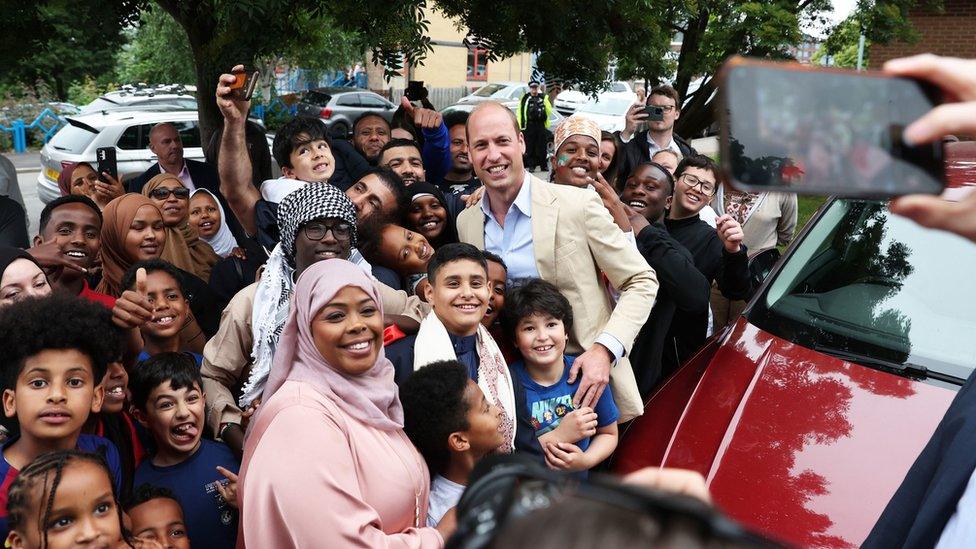City homeless levels at all-time high - council
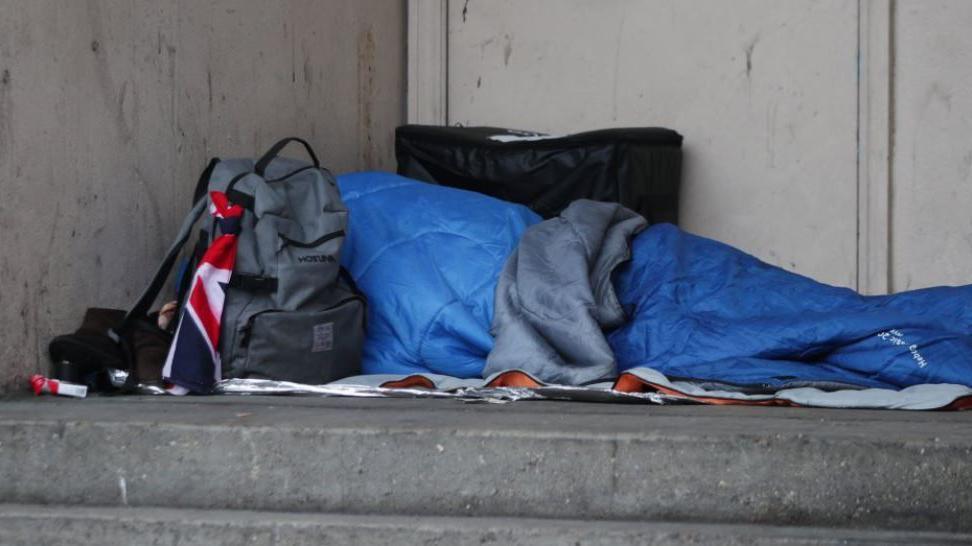
The number of homeless people in B&Bs and hotels in Sheffield was "unsustainable", the council said
- Published
The number of people registered as homeless with Sheffield Council has reached an all-time high, the authority has said.
More than 4,000 people or families notified the council they were without a home in 2022-23, the latest figure available, according to a council report.
Meanwhile, the number of homeless people living in the city's B&Bs and hotels was at an “unsustainable and unaffordable level”, with "urgent action" needed, it added.
The government said in a statement that it had given councils a total of £1.2bn to help people move out of temporary accommodation.
The Sheffield Council report said that in the 2022-23 financial year, there was an increase of 500 applications from people or families seeking to be officially registered as homeless compared to the previous year.
That was the highest ever figure recorded by the authority, the report stated.
"Urgent action must be taken. Ultimately, we need to stop using hotels and B&Bs as temporary accommodation for a variety of reasons, not just because of the financial cost", it said.
More than 100,000 people or households in England were currently homeless and in temporary accommodation, the highest number for 20 years, according to the latest government figures, external published in February.
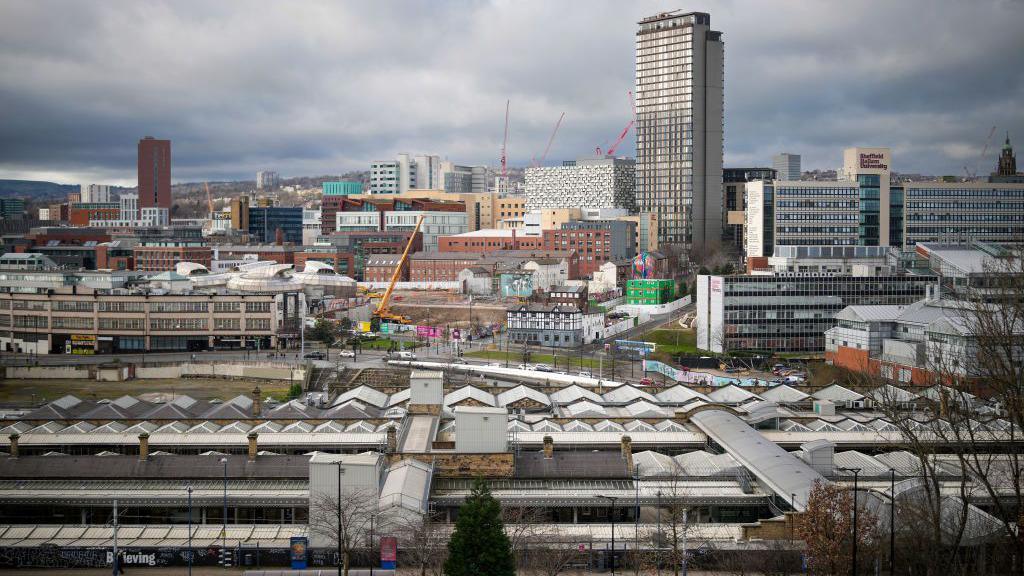
Sheffield's Nomad Opening Doors charity said the city needed more private landlords
Homelessness charities in Sheffield said they had seen an increase in people needing help in the city, with the cost of living crisis at least partly to blame.
Tim Renshaw, chief executive of the Cathedral Archer Project, which supports Sheffield's homeless people, said the charity was dealing with many more people than it used to.
“We get blockages all the way. We have more people in temporary accommodation and they're staying longer than they used to 18 months ago," Mr Renshaw said.
“People who want to go into accommodation cannot get in, so we have more people who are homeless.
“If somebody is in a bed and breakfast, they come into places like ours for food. We served 135 meals the other day, where we would normally expect to serve somewhere between 70 and 90 meals in a day."
However, Mr Renshaw said Sheffield was "not unique", with longer periods spent in temporary accommodation and longer waiting lists "all part of the general economic landscape at the moment".
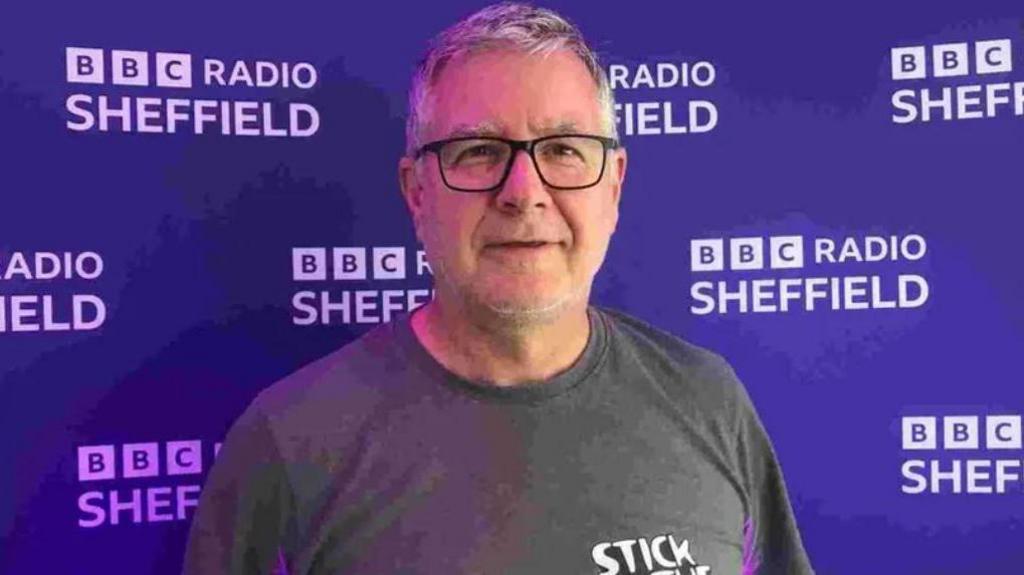
Tim Renshaw, from the Cathedral Archer Project, said the situation in Sheffield was "not unique"
Karen Awdhali, of Nomad Opening Doors, a Sheffield charity which aims to improve access to affordable housing, said the city needed more private landlords.
While the charity normally saw between 20-30 referrals a month, in December alone there were 139, while in January there were 126, Ms Awdhali said.
"We have never seen anything like it," she added.
While previously the average age of people the charity helped was about 27, it was now helping people in their 50s, according to Ms Awdhali.
"They may have had a relationship breakdown or it’s the cost of living crisis. People have lost their jobs and their homes," she said.
"It's not just about people sleeping on the streets, it’s those people who are sofa surfing - they are our biggest client group."
The Department for Levelling Up, Housing and Communities said extra investment meant 1.6 million private renters in receipt of housing benefit or universal credit were nearly £800 a year better off.
Meanwhile, the government’s £11.5bn Affordable Homes Programme would deliver thousands more homes to rent and buy across the country, it added.
Follow BBC Yorkshire on Facebook, external, X (formerly Twitter), external and Instagram, external. Send your story ideas to yorkslincs.news@bbc.co.uk.
Related topics
- Published19 March 2024
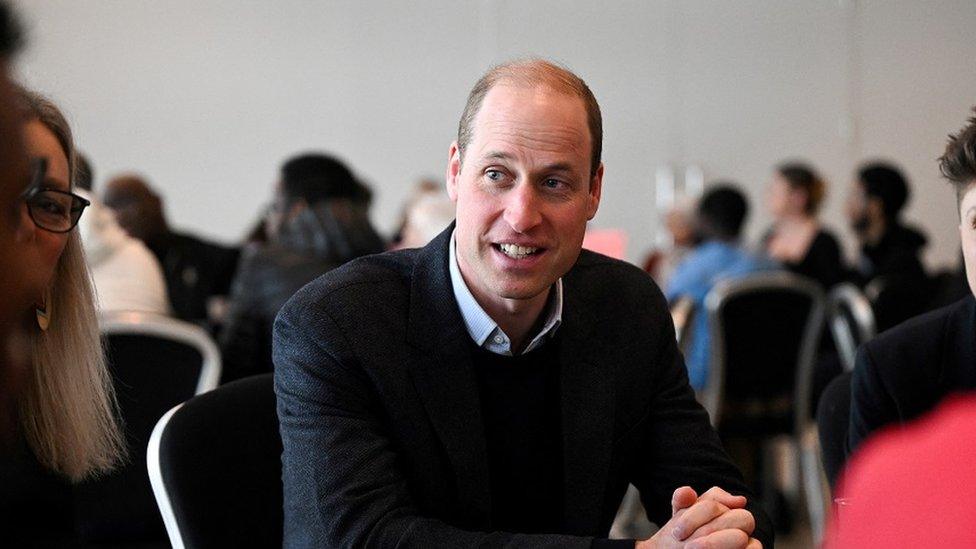
- Published28 February 2024
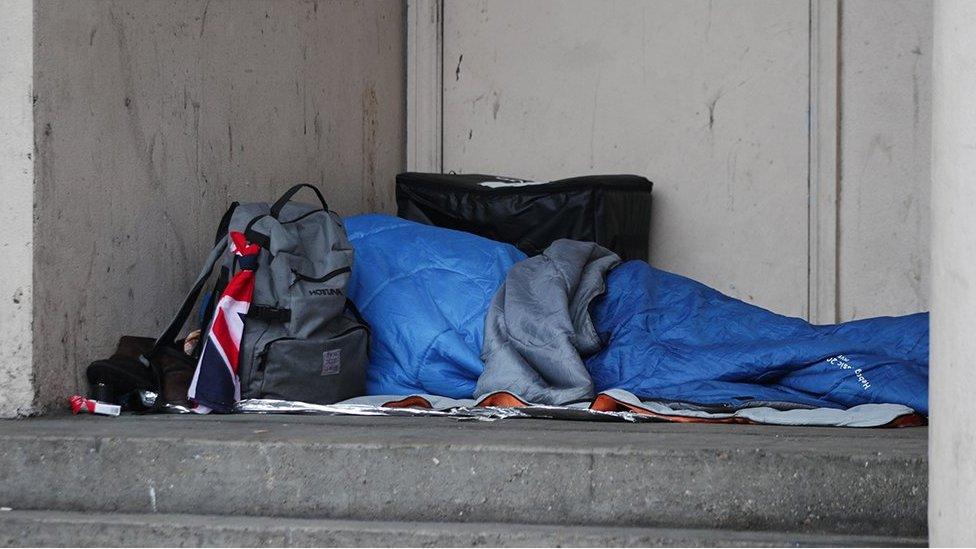
- Published2 July 2023
